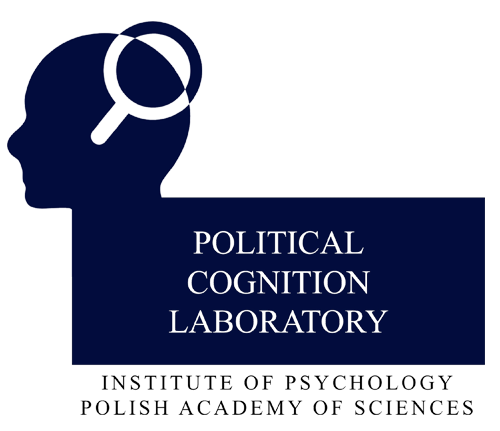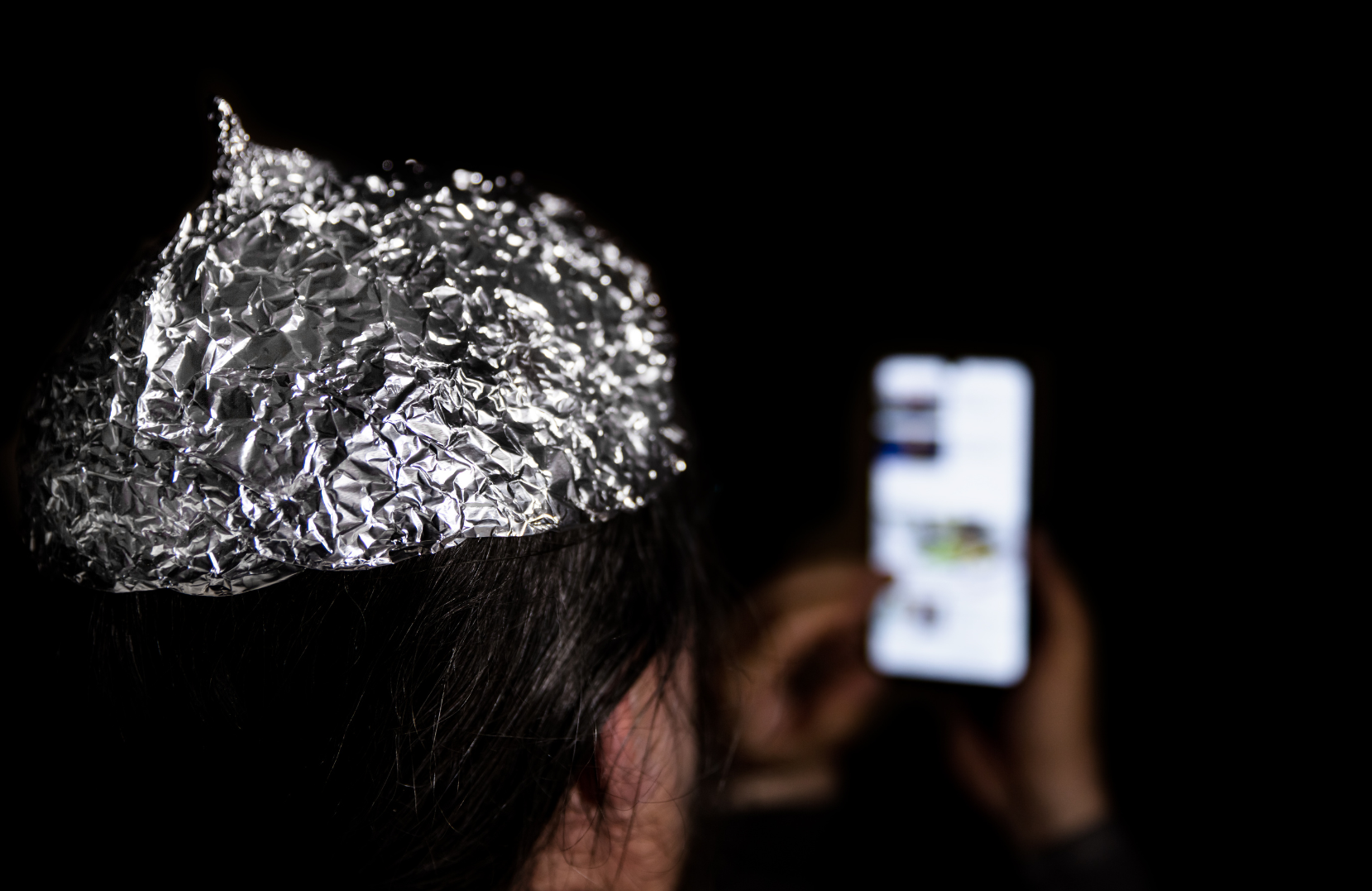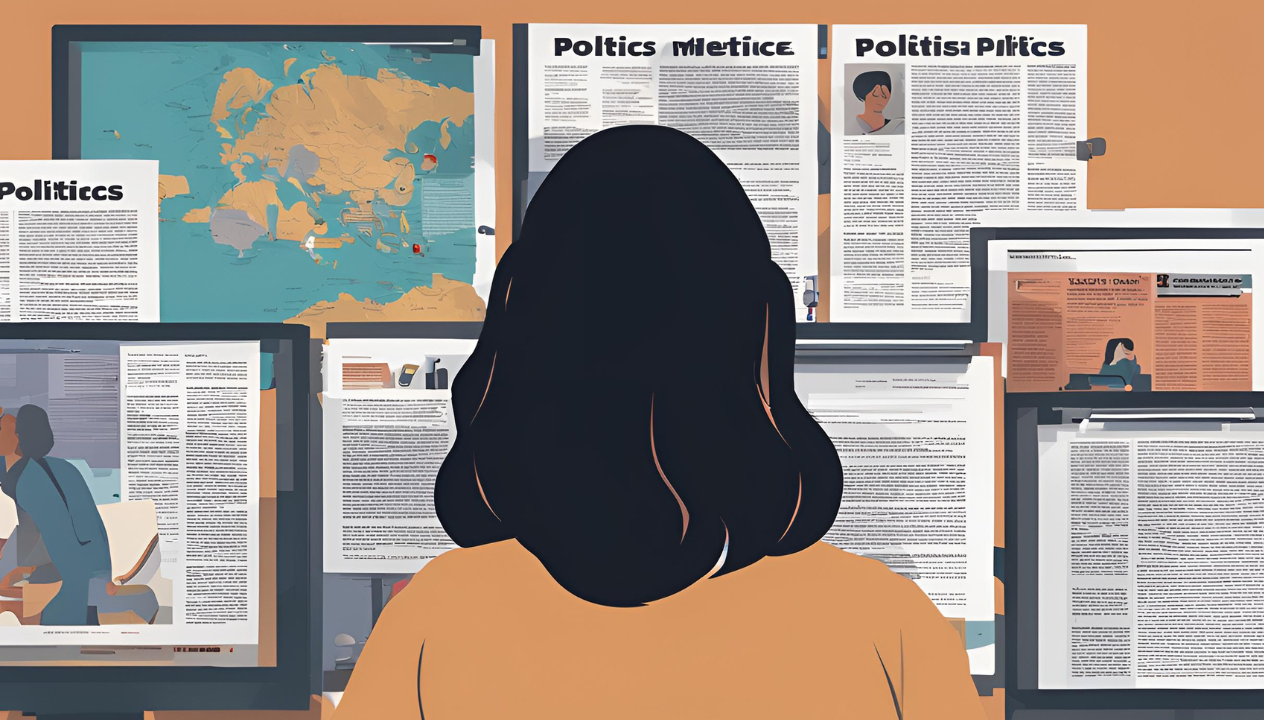Does strong identification with conservatives vs. liberals (in Poland) or Democrats vs. Republicans (in the US) always lead to polarization? Findings from research conducted by members the Political Cognition Lab (Institute of Psychology, Polish Academy of Sciences) and the Faculty of Psychology (University of Warsaw) show this is not always the case. Results have been recently published in the British Journal of Social Psychology!
Previous research found that political polarization goes hand in hand with being strongly identified with a political ingroup. In this research, we assumed this should be the case only among those who identify with their political ingroup in a narcissistic way (stemming from frustrated needs and predicting outgroup hostility). This hypothesis was tested in one experimental (Study 4, n = 525) and three cross-sectional (Study 1, n = 320; Study 2, n = 316; Study 3, n = 500) studies conducted among American and Polish participants. In all studies, we found a consistent positive link between political narcissism, but not political identification, and the blatant dehumanization of political outgroups. This relationship held over and above metadehumanization, measured in Studies 2 and 3. In Studies 3 and 4, we additionally found that political narcissism may also predict aggressive inclinations towards political outgroups, measured with the voodoo doll task. These findings suggest that differentiation between political narcissism and political identification may help to better understand the psychological underpinnings of political polarization.
The entire article can be found here.







